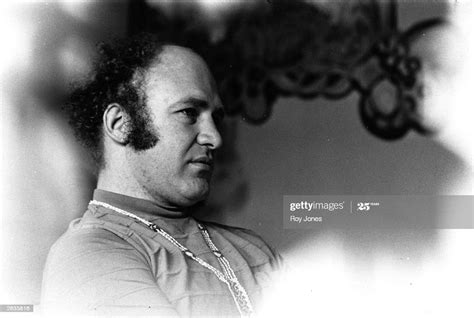A Quote by Erica Jong
You should write first drafts as if they will never be shown to anyone.
Related Quotes
I had written eight drafts of the Lemony Snicket' screenplay when this changing-of-the-guard thing happened, and I said to the new producers, "I don't think I could write any more drafts." I guess I was sort of hoping they would say, "Well that's okay, this last one is perfect." But instead, they said, "It's funny you should say that. We don't think you can write any more drafts either."
I didn't intentionally emplace the raw material needed for political/allegorical readings into any of the first drafts, but sooner or later I saw it coming, and I did intentionally not cut it from some of the final drafts. In other words, I'm not particularly interested in encouraging readers to read certain stories that way, but I want to make sure that route's accessible should anyone be so inclined.
It's more like I write multiple first drafts, handwritten. So with my first novel, I wrote whole drafts from different points of view. There are different versions of that novel in a drawer on loose-leaf sheets. I won't even look at the first draft while I'm writing the second, and I won't look at the second before writing the third.
I hate first drafts, and it never gets easier. People always wonder what kind of superhero power they'd like to have. I wanted the ability for someone to just open up my brain and take out the entire first draft and lay it down in front of me so I can just focus on the second, third and fourth drafts.
I want to write stories that are different from the ones I've written so far, Junpei thought: I want to write about people who dream and wait for the night to end, who long for the light so they can hold the ones they love. But right now I have to stay here and keep watch over this woman and this girl. I will never let anyone-not anyone-try to put them into that crazy box- not even if the sky should fall or the earth crack open with a roar.





































